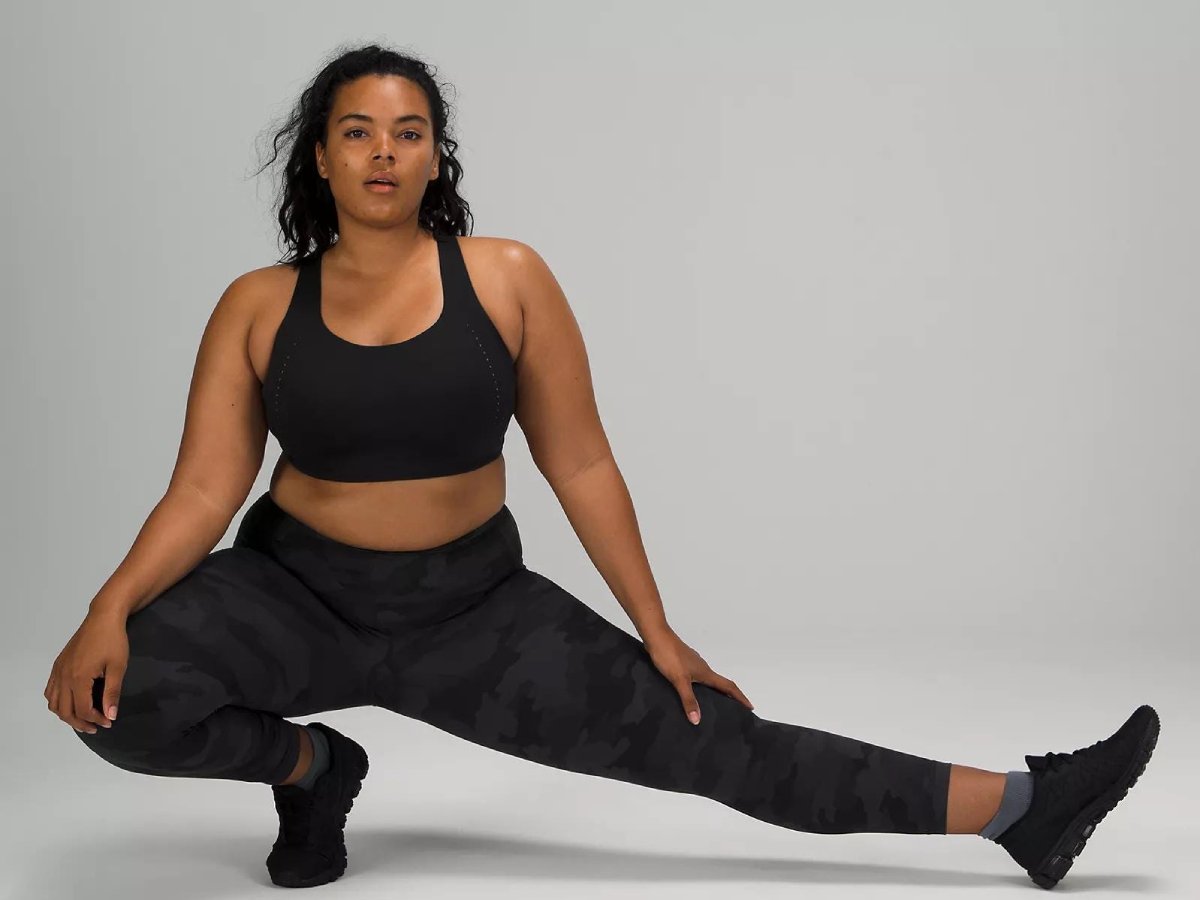3 Reasons Your Skin Just Won't Stay Hydrated, From Dermatologists
Dry skin won't quit? You're not the only one.


Assistant Beauty & Health Editor
Assistant Beauty & Health Editor
Hannah Frye is the Assistant Beauty Editor at mindbodygreen. She has a B.S. in journalism and a minor in women’s, gender, and queer studies from California Polytechnic State University, San Luis Obispo. Hannah has written across lifestyle sections including health, wellness, sustainability, personal development, and more.
Image by Ohlamour Studio / Stocksy October 24, 2023 We carefully vet all products and services featured on mindbodygreen using our Our selections are never influenced by the commissions earned from our links. Dry skin is a skin type, but dehydrated skin is more of a skin situation. See, any skin type can experience increased dehydration, especially as the seasons shift to colder months. While dehydration looks different on each complexion, it can often feel unbeatable (read: Your skin just won’t stay dewy and moist). If this sounds familiar, the following factors that may be at play. 1. For oily skin types, a lightweight, humectant-rich moisturizer can be just the right fit—well, most of the time. Even oily skin types may need a heavier product to get by in the colder, drier months of the year. Rather than opting for a gel-like product, consider a gel-cream—these products tend to include richer hydrators, like fatty acids and botanical oils, rather than quick-absorbing, water-based ingredients. These moisturizing players are classified as emollients and occlusives, helping to deeply nourish your skin’s moisture barrier and keep it hydrated. You may even consider a category of moisturizers called barrier creams. “A barrier cream is a product used on the skin with the intention and function to create a physical barrier between the outermost layer of skin and the outside world,” board-certified dermatologist Nava Greenfield, M.D. told mbg about these products. They differ from regular moisturizers in that they're formulated to moisturize the skin and sit atop to protect it—here’s a list of our 12 top choices if you’re in the market for a barrier cream. Using too hot water—like steamy showers—has the incredible ability to strip skin of its natural oils and lipids, thereby stealing from the skin its natural defense system. Additionally, "Hot water evaporates faster," said board-certified dermatologist Purvisha Patel, M.D., founder of Visha Skincare, so you don't have as long to trap in the droplets post-wash. Opt for cooler-temperature water if you can, and always be sure to rehydrate your skin (face and body) right after you step out. 3. Now, if your dry skin also feels irritated, inflamed, highly sensitive, and flushed, you may be dealing with a damaged skin barrier. This could happen for a number of reasons, from overdoing retinol and exfoliants, increased cold weather and wind, sun damage, allergic reactions, and so on. While physical signs may be the first to show up, they aren’t the only reasons to address the compromise. "It protects us from mechanical injury, low humidity, cold, heat, sun, wind, chemical exposure, bacteria, viruses, fungi, and other pathogens," board-certified dermatologist Hadley King, M.D., says about the barrier, adding that "a healthy barrier is critical to normal skin function." In addition to layering moisture on your skin, consider pausing harsh topical treatments, like exfoliants and retinol, until your skin barrier feels aptly rehydrated. More tips on identifying and mending a damaged skin barrier here. Now, whether your lack of skin moisture is from your product lineup, water temperature, compromised barrier, or other factors, consider pairing your topical routine with hydrating skin supplements—look for ingredients like hyaluronic acid, vitamin C, and collagen (our top picks here). Finally, if you’ve tried everything for dehydrated skin without success, consider chatting with your dermatologist. 
Your face cream is too lightweight
Your skin barrier is compromised
The takeaway
If you’re dealing with dehydrated skin, make sure your topical routine is gentle and deeply moisturizing (even if that means reaching for a heavier cream). You’ll also want to consider lowering your shower water temperature and focusing on barrier repair when your complexion feels overwhelmed. And there are more tips where that came from: Here's how to keep your skin dewy all year round.

 Aliver
Aliver 
































